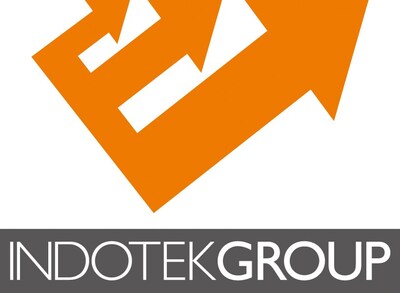More than 13,800 vacant houses belong to banks and servicers from foreclosures.
The need to
channel a large number of properties into the market is greater than ever, as
limited supply is driving rental and purchase prices sky-high. In this context,
banks, real estate management companies and the government are seeking to put
more than 13,800 homes on the market to provide some “relief” to the housing
crisis facing Greece, particularly in major urban centers.
Specifically,
the sharp imbalance between supply and demand in the real estate market has led
to rental prices increasing by 10.9% in just one year, while the overall
housing sector rose by 6%, according to ELSTAT data.
This problem
is further exacerbated by nearly 800,000 vacant properties, which remain
unused. Of these, more than 25,000 belong to banks and real estate management
companies, coming from foreclosures, and essentially constitute a “burden” for
them as long as they remain idle.
Indeed,
discussions have already taken place regarding the possibility of deferring the
costs of legalizing these properties so that payment is not a prerequisite for
their use. It is estimated that out of the 25,000 properties of all categories,
around 13,800 are homes and apartments, with a total estimated market value
exceeding €6 billion.
Bank-owned
properties
All systemic
banks, as well as Attica Bank, maintain at least one real estate platform,
either managing the properties directly or operating as digital real estate
agents.
The National
Bank has two real estate platforms with different functions. The first is
RealEstateOnline.gr, which provides access to properties owned by the bank,
such as residences, plots, shops, offices, etc. It also provides access to the
electronic auction platform for properties and movable assets, where customers
can participate in auctions and request guarantees via internet banking.
The second
platform is Uniko, the new digital real estate sales platform, operating as the
first digital real estate agent in Greece with the support of the National Bank
(49% stake). Its services range from finding a home, legal due diligence,
certification and appraisal, to financing through the National Bank and digital
contract completion.
Piraeus
Bank, through Piraeus Real Estate, manages pbre.gr, where interested parties
can find high-value properties, both residential and commercial.
Alpha Real
Estate Services, part of Alpha Bank, manages and exploits properties owned by
the bank and third parties, providing comprehensive services such as
valuations, sales, leases, property management and project coordination. In
addition, it has a presence in Southeastern Europe through subsidiaries.
At the same
time, Alpha Property Management and Investments S.A., a group company founded
in 2018, undertakes the valuation, management, utilization and sale of
properties acquired by the bank mainly through non-performing exposures (REOs).
Eurobank’s
findyourproperty.gr platform offers easy property search and support from
experienced partners, as well as financing proposals to complete the purchase.
It lists residential, commercial and investment properties such as homes,
plots, shops, offices, warehouses, buildings and hotels.
The bank has
also invested in the digital platform Prosperty, which creates integrated
digital real estate ecosystems aimed at increasing transparency, speed and
efficiency in property promotion and sales.
Attica Bank
clients who are beneficiaries of the “My Home 2” program have access to
properties ready for transfer from the portfolio of Resolute Cepal, through a
recent collaboration of the two entities.
In addition,
they have access to the My Home platform, developed for its clients by Ask
Wire, offering customized searches enabling interested parties to locate
available properties that meet the program’s requirements.
Platforms
from servicers
doValue,
Intrum, Cepal and QQuant are the four largest servicers in Greece, managing
around 90% of non-performing loans, with a total value of approximately €70
billion.
Altamira
Properties is a real estate platform from doValue, offering a comprehensive
digital experience of searching for and acquiring properties throughout Greece.
The platform targets both investors and individuals, providing easy,
user-friendly and interactive property presentation, updates on new
opportunities, and access to full property management services.
Intrum
operates Intrum REO, which facilitates the management and sale of properties
through an innovative business model, leveraging cutting-edge technology and an
extensive partner network.
Cepal Group
partnered with international company Resolute Asset Management Group to
establish Resolute Cepal Greece Group (RCG), which provides comprehensive
property management services, consultancy, technical and legal due diligence,
as well as strategic planning for their utilization.
Original Story: Business Daily Greece | Author: Ελευθερία Τσιπιτώρη Edition: Prime Yield



















